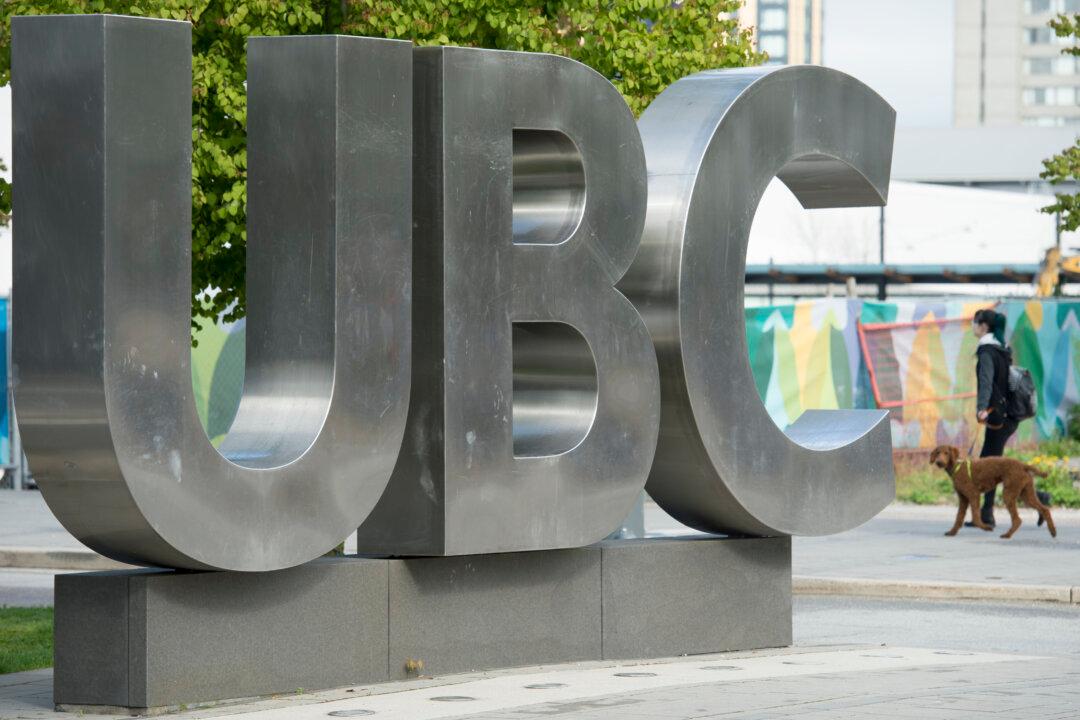Canadians should be cautious about embracing “romantic notions” of Marxism or communism, a political ideology and system responsible for the deaths of millions of people since the early 20th century, says the chair of a charity working to establish a Canadian memorial to commemorate the victims of communism.
“Some of the individuals, especially within the academia, have this romantic notion of a just society, and they don’t realize that communism kills, and there’s nothing just about communism,” Ludwik Klimkowski, chair of Tribute to Liberty (TTL), told The Epoch Times.





